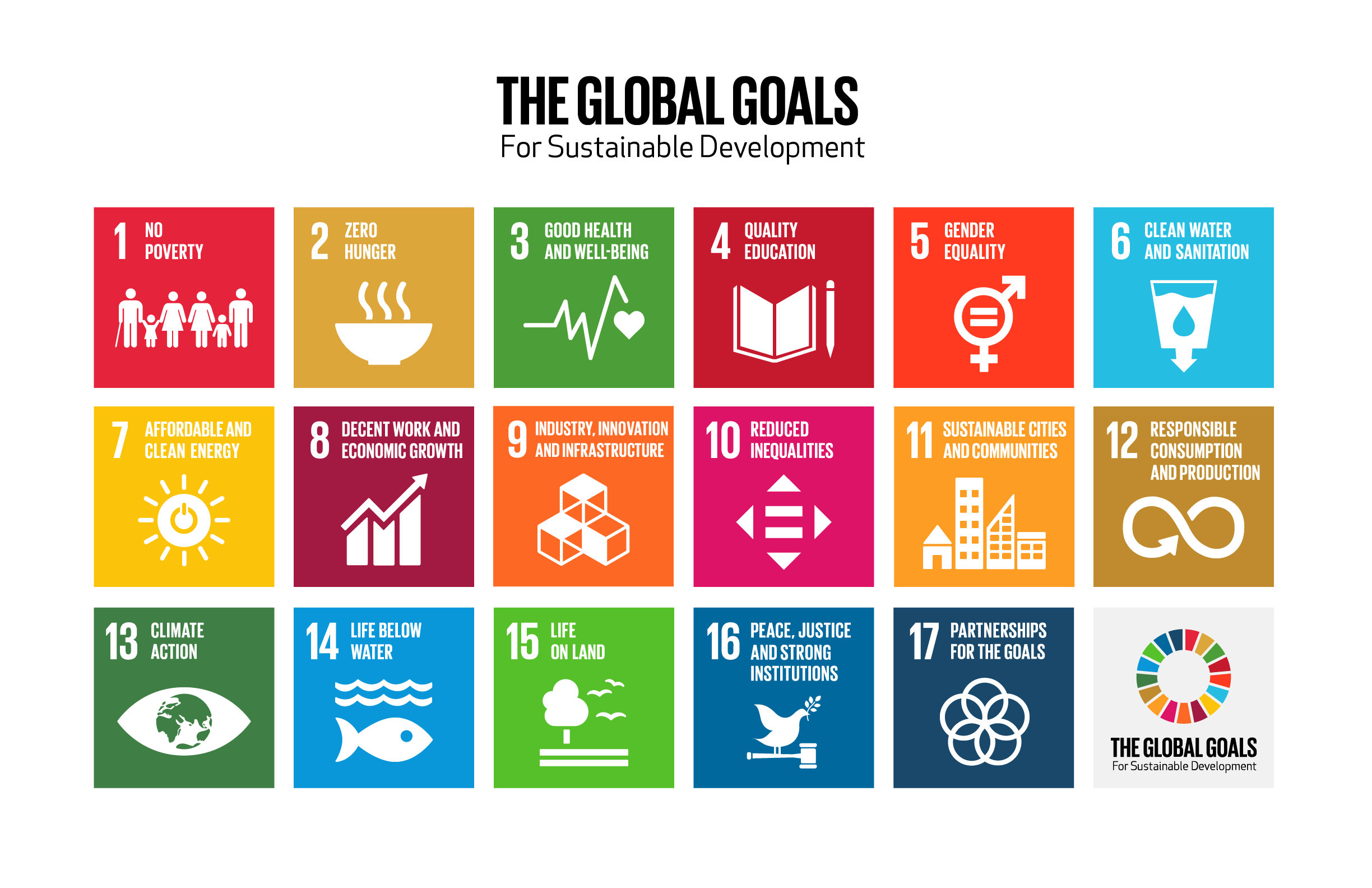ENVIRONMENTAL INITIATIVES BLOGS
Environmental initiatives include energy management, water conversation, sustainability certifications (for buildings, products, and operations), carbon emissions reduction, and more.
Policies and contracts often get in the way of moving forward with improvements that would achieve desirable social and environmental outcomes. I frequently speak with those, both those selling ideas from within the organization and those outside selling products and services that help companies be more sustainable. When it comes to selling ideas, products, and services to larger organizations, one of the most common obstacles you’ll run up against is contracts. This can be particularly frustrating because it feels like a hard, nonnegotiable NO - an unscalable mountain.
No doubt convenience, uniformity, and speed are high priorities when it comes to corporate procurement. Before you board the express train, take a moment to investigate the alternatives and consider a different route – the local route. It's likely when a corporation implements a buy local/shop small strategy, the common challenges are the FOUR Cs: Contracts, Chaos, Capacity, and Costs. Read our tips for overcoming these.
According to MCS Aware, a site dedicated to helping people with Multiple Chemical Sensitivity (MCS), it is a “chronic, physical illness affecting people of all ages and backgrounds. It causes sufferers to have allergic-type reactions to very low levels of chemicals in everyday products. Put simply the immune and detoxification systems stop working properly and the body cannot process toxins efficiently.” This blog is about my journey with chemical sensitivity and why it’s important to consider your customer’s comfort.
I am passionate about the concept of 'buy local' (and supporting small business and social enterprises). I often find things (products, souvenirs, services, restaurants, shops…) that even the locals I'm meeting with hadn't heard about. It's part research, part serendipity. I'm using the same map app they are. I don't have any special feature that says "show me the awesome local stuff." It takes setting an intention and going about your search in a specific way…
Small businesses make up about 90% of business worldwide yet receive a disproportionately low share of corporate and government procurement spend. Buying local and supporting small, disadvantaged businesses advances the SDGs but not without change in the purchasing practices of corporates and governments. Here's a list of reasons why small businesses needs your help so they can move the needle on the SDGs.
After a food waste training session, there was such excitement among staff to participate that they almost had a "too many cooks in the kitchen" situation. The confusion of having so many people involved led to a refinement in process, definitions of waste, vessels, etc. and clarification of roles so that everyone can add value.
The number one thing sustainability experts and consultants hear when training others is “where do we start?” Somehow, not knowing where to start causes people to get frozen in inaction. They overthink it and fear they might get it wrong so why bother. The key: JUST START! Anywhere! And in this blog we provide a few simple things to get you going.
December is gift giving season, whether it’s for one of several religious festivities, a wedding or anniversary, a birthday, or just annual corporate gifting, it’s a good opportunity to question whether your gifts benefit those who make them. The blog includes tips for ensuring fair and humane supply chains in your purchasing, and a link to a webinar playback.
In this blog, I share some brief examples for each of the Rs in the landfill diversion equation: rethink, reduce, reuse, repurpose, and recycle. The rethink step is especially important.! There’s also a link to a playback of a webinar on single-use plastics and one on recycled content.
In this blog, I highlight a great conversation with someone who knows a thing or two about ugly produce. Sure we all know we should be willing to eat them to reduce food waste but it’s not always that simple when you’re facing the unspoken rules and unwritten policies governing commercial kitchens.
In 2018, Astrapto led a food waste reduction initiative in Baltimore, Maryland. This project, sponsored by World Wildlife Fund, and thanks to the leadership of the Baltimore Convention Center, resulted in significant food waste reduction efforts and new, creative partnerships to improve food sustainability in Baltimore events.
I write about the business case for sustainability. Rather than bury the lede, I’ll come right out with it. As an advocate for sustainability benchmarks, I wish the study I reference in this blog showed a clear consumer preference for them, but it does not. I chose to write this anyway, because a critical element of developing a case is to identify weaknesses and obstacles, so we can develop strategies to overcome them.
It started more than 10 years prior with a simple question: “Is that all we can do?” That was the pivotal question that lead to Alice Ferguson Foundation receiving the world’s 13th fully certified Living Building designation. Achieving this was anything but luck! In this article hear a synopsis of some milestone moments and see images from this picturesque spot.
A study showed guests have negative perceptions of three green hotel initiatives: low water pressure, temperature control, and green products. In the reviews analyzed, guests made comments to the effect of “I’m all for saving the environmental, but…” It’s a shame that “green” takes the blame, when it needn’t. Read more about each.
"Better a mediocre idea with brilliant execution..." Sometimes we need to focus on small, mundane actions but do them well, in order to achieve the Sustainable Development Goals. This is a blog series with “mediocre ideas” you can perform brilliantly with a bit of effort.

















Many studies focus on what to do with waste once it is created. We need to talk more about PREVENTION! It’s similar to the problem we see in healthcare – a focus on treatment (e.g., drugs, surgery), rather than prevention (healthy diet and exercise).